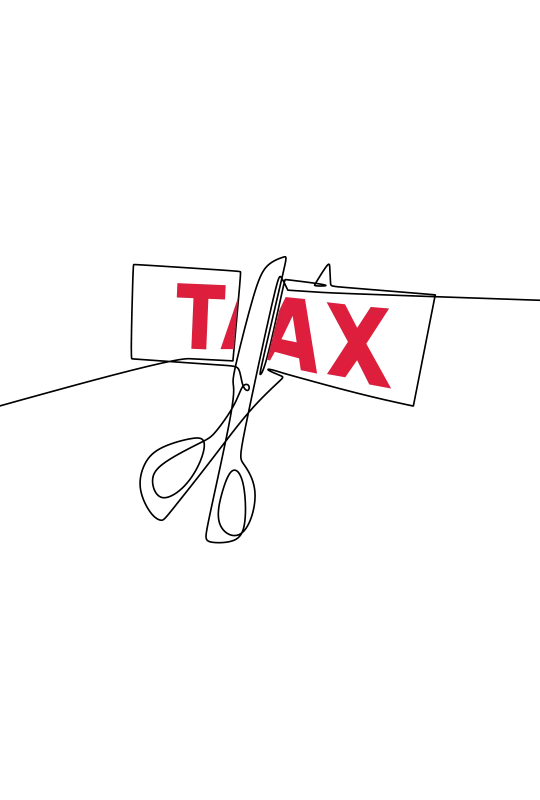Business Asset Disposal Relief (Previously Entrepreneur’s Relief)
Business Asset Disposal Relief (BADR) allows individuals and some trustees to claim relief on qualifying gains. It will mostly be available to
- sole traders and partners selling or gifting the whole or part of their businesses (this includes furnished holiday lettings); and
- company directors and employees holding at least 5% of the ordinary shares and voting rights in a ‘qualifying company’ who sell or gift all or part of their shareholding
What is the relief?
The relief effectively reduces the rate of CGT to 10% for qualifying gains up to a lifetime maximum.
From 11 March 2020, this lifetime maximum is the first £1 million of qualifying gains.
Previous ER limits were:
- the first £1 million from 6 April 2008 to 5 April 2010
- the first £2 million from 6 April 2010 to 22 June 2010
- the first £5 million from 23 June 2010 to 5 April 2011
- the first £10 million from 6 April 2011 to 10 March 2020.
Relief to be claimed:
A claim must be made for the relief within 22 months from the end of the tax year in which the disposal occurred.
Couples may claim as long as they individually satisfy the eligibility criteria.
Eligibility
If you are disposing of all or part of your business
To qualify for relief, for at least 2 years up to the date you sell your business:
- you must be a sole trader or business partner; and
- you must have owned the business for at least 2 years
The same conditions apply if you are closing your business. In this case you must also dispose of your business assets within 3 years of ceasing to trade to qualify for relief.
If you are selling shares or securities
To qualify, for at least 2 years up to the date you sell your shares:
- you must be an employee or “office holder” of the company (or one in the same group); and
- the company’s main activities must be trading (not non-trading activities like investment) – or the company must be the holding company of a trading group
If your shares are acquired by exercising an Enterprise Management Incentive (EMI) option
You must have:
- bought the shares after 5 April 2013; and
- been given the option to buy them at least 2 years before selling them
If the shares are not from an EMI
For at least 2 years before you sell your shares, the business must be your ‘personal company’.
“Personal company” means that you have at least 5% of both the:
- shares; and
- voting rights
You must also be entitled to at least 5% of either:
- the profits available for distribution and assets on winding up the company; or
- disposal proceeds if the company is sold
Other share transactions
A BADR claim may still be made if the number of shares you hold falls below 5% because the company has issued more shares.
- You will need to choose or ‘elect’ to be treated as if you had sold and re-acquired your shares immediately before the new shares were issued. This will create a gain on which you can claim BADR.
- You can also choose or ‘elect’ to postpone paying tax on that gain until you come to sell your shares.
If the company stops being a trading company, you can still qualify for relief if you sell your shares within 3 years.








